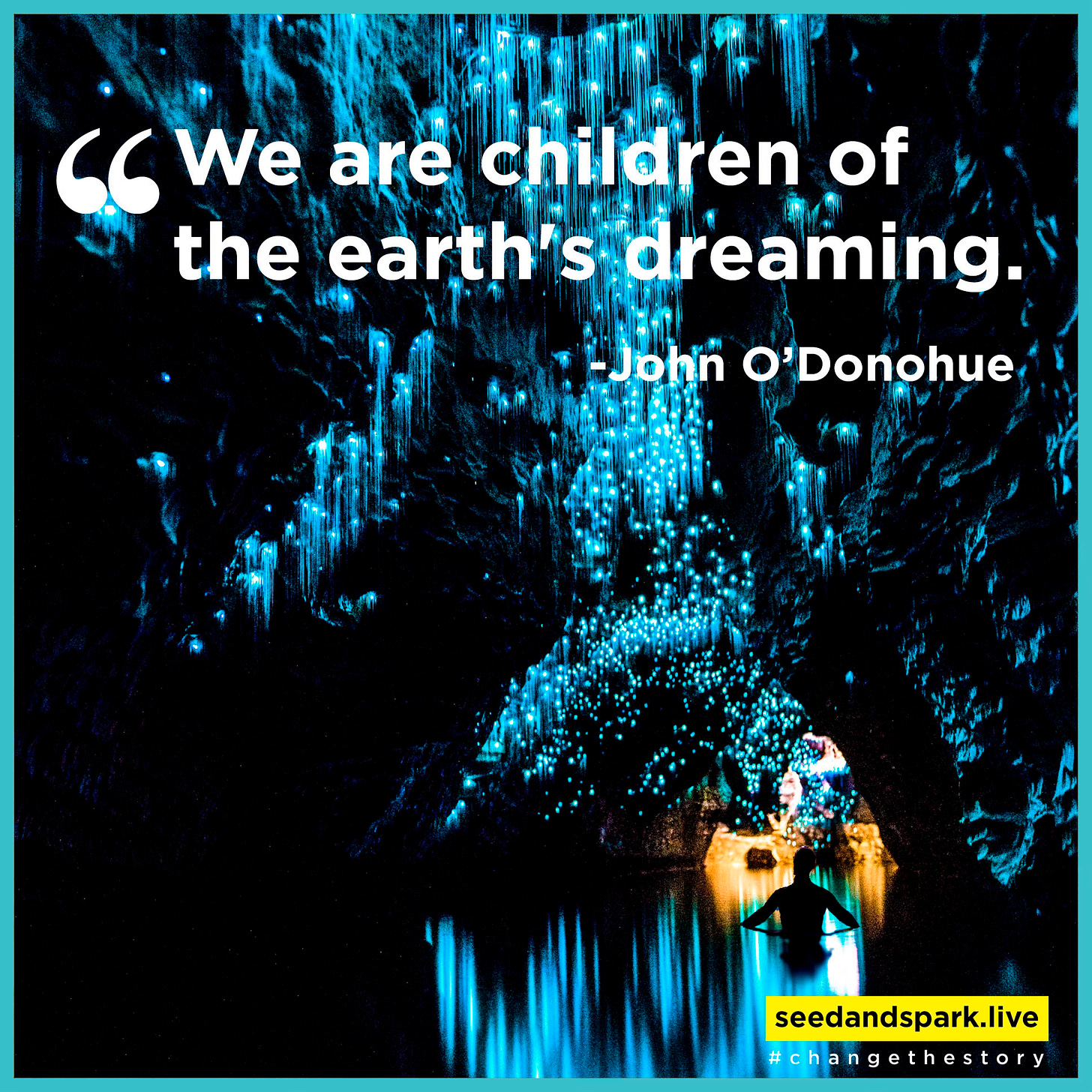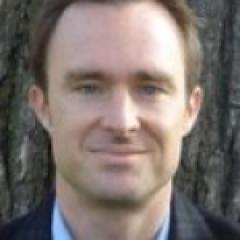Letters from the Future (of Learning): What is Childhood For?
Did you hear? The Gates Foundation is going to focus all of its subsequent investments on math education.
That’s roughly $700 million (and growing) each year, at a time when children are feeling more depressed, anxious and rudderless than ever before; at a moment when our nation’s civic threads are more threadbare than ever; and against the backdrop of the most significant societal shifts in centuries (yes I mean A.I. -- and yes, I really said that back in 2014).
But Gates wants to double down on math?
It’s not that I have a problem with math per se; it’s that Gates’ decision is merely the latest reminder that when it comes to understanding the true purpose of education -- and its relationship to healthy people and societies -- we seem hell-bent on ensuring neither.
This is not a new observation. In fact, Angelo Patri made it over a century ago, in his classic book, A Schoolmaster of the Great City.
Patri was an Italian immigrant who resettled in New York City and, in 1917, published a stirring account of his experiences working with the city’s children, neighborhoods and families. (What is it with Italians and groundbreaking pedagogical practices, by the way?)
His advice to us, across the years and the wars and the innovations, remains equally relevant today, since it’s grounded in the most immutable of all human features: how we develop and grow. And his primary advice is that the purpose of childhood is childhood -- something the school would be wise to protect at all costs.
“The greatest fallacy of child education,” he wrote, “is the ‘training for the future’ idea. Training for the future means dying for the present. Conduct, not the ability to recite lessons (or excel at math), is the real test of learning and the sign of culture. Yet by and by we begin to search for the individuality that has been submerged.
“How blind we are! First we kill and then we weep for that which we have slain.”
For Patri, therefore, spending the bulk of one’s attention in a school on subject matter, or, as he called it, machinery, neglects what we know children need most in order to flourish. “They grow because of their contact with you,” he wrote, “the best that you know and feel. The school must constantly ask, ‘What is the effect of my program on the soul growth of the children?’ And then we must change the school so that each child is individualized and not merged, so that the child has leisure to grow, and a desire to grow in the right direction.”
Indeed, Patri’s school, P.S. 45, was intentionally designed to “stand for more than just the few intellectual facts that the curriculum imposes upon your child. He needs time to live, to grow, and to be a child with other children. If to teach the few facts of the curriculum were all we were here for, the school would better be closed.”
Of course, Patri has good company in his understanding of the sacredness of childhood: from his compatriots in Reggio Emilia -- home to the most famous nursery schools in the world -- to my good friend Jim Bailey, founder of a beautifully child-centered school in Ojai called Rock Tree Sky.
Just yesterday, in fact, Jim reminded me of all this while we chatted over Zoom. “What is childhood for, really,” he asked me. “I think we’ve gotten seduced by the idea that childhood is where we practice and prepare for adulthood. But really it’s where we must protect the ability of our kids to ease their way through a pivotal period of development.”
It’s a sentiment I am certain Angelo Patri would second -- just as I am certain he would join my condemnation of the Gates Foundation’s investment choices.
“The attitude toward the school and the child is the ultimate attitude by which America is to be judged,” Patri wrote. “The child as our national strength, the school as the medium through which the adult is to be remade.
“Do you feel you have need of me? Know then, oh, my children, that I have far more need of you. The burdens of men are heavy and you make them light. The feet of men know not where to go, and you show them the way. The souls of men are bound, and you make them free.
“You, my beautiful people, are the dreams, the hopes, the meaning of the world.”
This blog post has been shared by permission from the author.
Readers wishing to comment on the content are encouraged to do so via the link to the original post.
Find the original post here:
The views expressed by the blogger are not necessarily those of NEPC.

